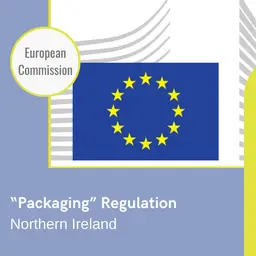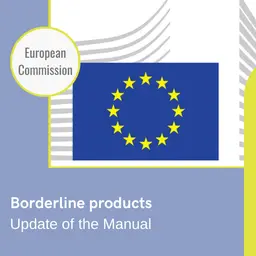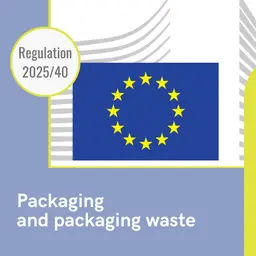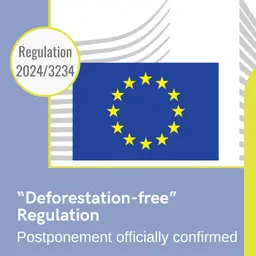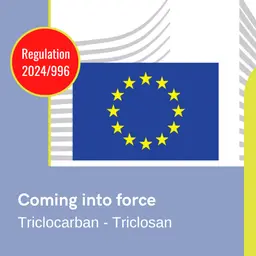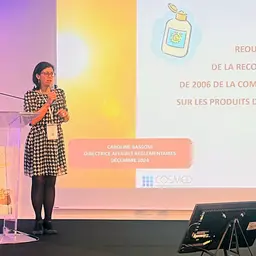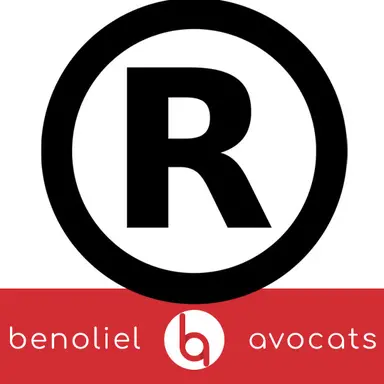
Brands are of paramount importance for economic players in the cosmetics sector. Used to identify the origin of a product and link it to a specific company, they are intangible assets with high added value that offer their owners the possibility of differentiating themselves from the competition. It is essential to defend them carefully when they are infringed in any form and when counterfeits appear on the market. Trademark law has just been thoroughly reformed. An insight from Sylvie Benoliel-Claux, Lawyer at the Paris Bar.
The Order of 13 November 20191 and the Decree of 9 December 20192, transposed a European Directive of 16 December 20153 and ensured the compatibility of French legislation with the European Regulation of 14 June 2017 on the European Union trademark4. These texts, referred to as the “Trademark Package”, invite Member States to improve procedures before the offices and courts and to free up the trademark registers.
As a result of the introduction of this reform in France, administrative procedures before the INPI must meet two imperatives: to be “fast and efficient”5.
Two aspects of this reform will be of interest to us:
I. the extension of the opposition procedure to other prior rights than the trade mark,
II. the new administrative procedures for the cancellation and revocation of trade marks and their articulation with judicial procedures.
I. Extension of the opposition procedure to earlier rights other than the trade mark
The opposition procedure, initiated before the National Institute of Intellectual Property (INPI), is not new as such and is regularly practised by companies.
Its purpose: to enable the holders of prior rights, listed exhaustively, to oppose the registration of …



